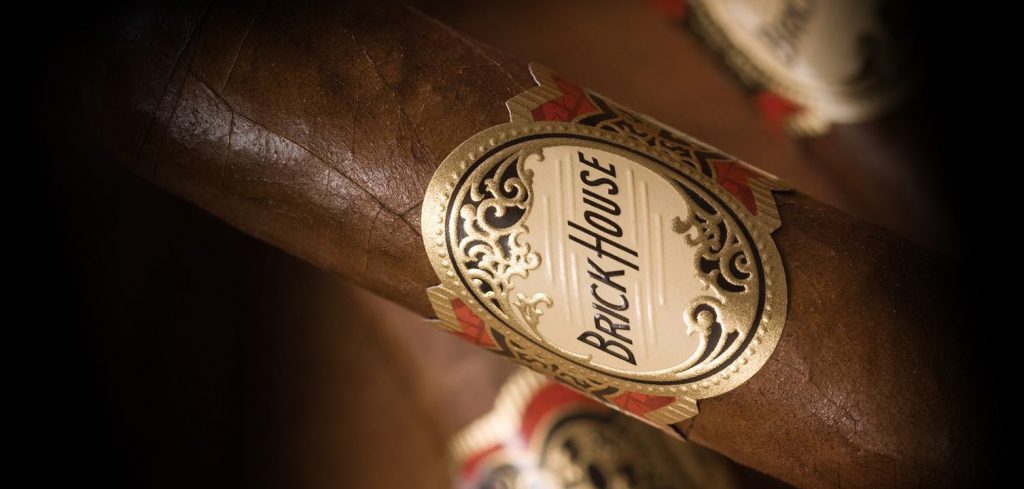Cigar smoking has been well-loved throughout history, but in this age of enterprise, cigar bars are becoming a popular choice for cigar lovers. Cigar bar patrons can frequent these trendy locations, socialize, and enjoy a wide array of cigar brands with other smokers. They are also places to learn about cigar history and features, including the cigar band.

So, where did cigar bands come from, and how did they come into being? Truth be told, the history of cigar bands is unclear, but there are several different theories. Here’s a brief exploration.
The 18th Century
Word has it that sometime in the 18th Century in Russia, Catherine the Great was not happy with the way her cigars were staining her fingers, and so she demanded that all of her cigars be carefully wrapped in silk before she would even consider smoking one.
The 19th Century
The British
The next possible origin of cigar bands can be traced to 19th century England. Basically, the problem boiled down to white gloves. At that time, men and women dressed extravagantly and would don white gloves to complete their ensembles. Many cigar-loving folks detested the unsightly stains brought about by their favorite stogie, and so they had cigar bands created to avoid staining their immaculate white gloves.
The Germans
Yet another origin story for cigar bands leads us back to some sneaky German cigar makers in the 19th century. It was said that the Germans cigar makers during that time period were considered the leading cigar suppliers, but Cuban cigars were, by most estimations, the best cigars available. They were more expensive than their German counterparts and were in much higher demand than anybody else’s at that time.
It is believed that the Germans decided to seize the opportunity to manufacture and sell their low-quality cigars using the high-end Cuban brands of that time. To prevent the Germans from doing that, Gustave Bock, an affluent cigar maker from Cuba who immigrated to Europe, came up with the idea of placing a paper ring as his signature, authenticating all of his cigars sold around the world. The practice caught the attention of the other Cuban cigar makers, and they all soon followed suit. Since then, almost all cigars are sold with cigar bands bearing the authenticity of their brand.
No one will ever know for sure which origin story is the correct one, but they are interesting to think about. However the practice came about, cigar bands are an iconic symbol of cigar culture and history.




